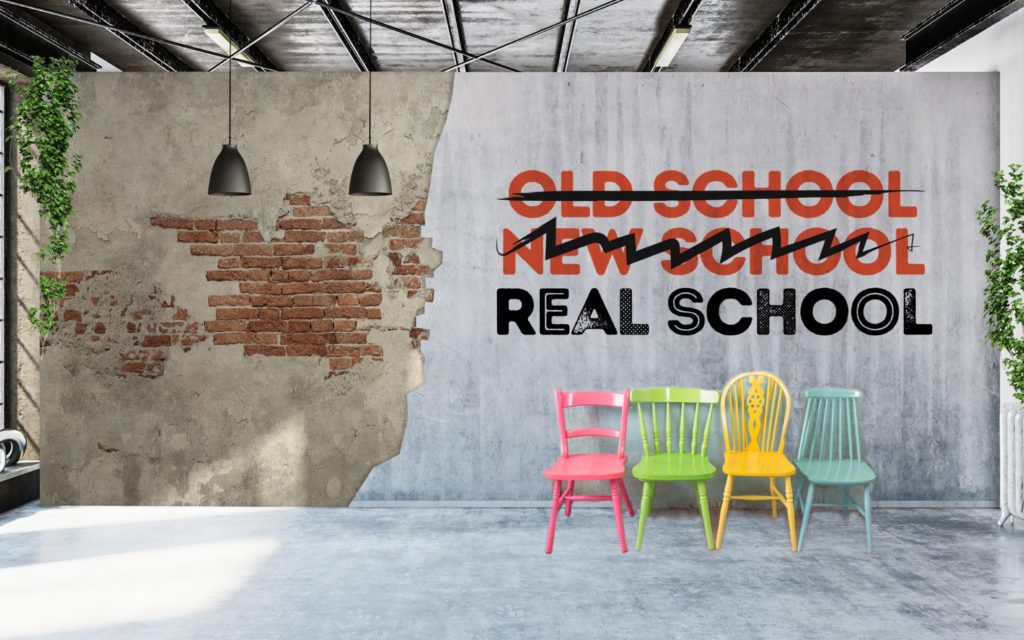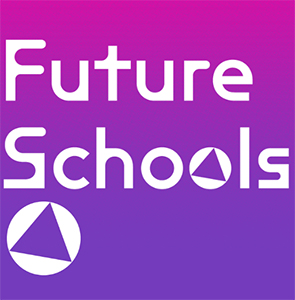REAL School Budapest by Noan Fesnoux

REAL SCHOOL BUDAPEST
Interview with Noan Fesnoux
Conceived out of the need to build a community of like-minded people and driven to create a more sustainable future, REAL school in Budapest blends different pedagogical approaches into something “uniquely real”.
FSA: Educating for sustainability is important at REAL school… can you tell us more about this?
N: At REAL School we design learning experiences that build fluency in this field either directly or indirectly. The direct ones are low hanging fruit, things like using glacier melt-back data to introduce bar graphs or creating models of solar powered lighting systems. Indirectly, we also cover elements that engage kids in a sustainability mindset. For example, we explored systems inside a video game based on cooking to recognise leverage points, the power of cooperation, and effective communication. All these are pretty key if you want to build a sustainable future, although they don’t scream ‘I am sustainable’.
Next up is the day to day routines the kids are part of. Things like taking our food waste to the composters, planning out the raised beds in our school lot, and eating plant based meals as school lunches. It is not always easy (especially in a culture that appreciates meat so much), but the learning here is real and a lot less pedantic.
Finally, there are structures we have in place that lead to a more sustainable school. One of the most interesting is engaging in democratic decision making with the kids about rules and policies. We still have a long way to go before we really nail this, but it is important to keep the space and respect that agency is actually a pretty key piece of being sustainable. Making choices because you want to, rather than being told to, ultimately leads to a more stable system, and schools are no exception.
FSA: Can you share some insights in how REAL school has designed learning experiences where students drive their own learning?
N: This has been a challenge for us so far. We originally came with the full intention to let students drive their own learning and set about co-creating goals with the students. However, the kids are not used to making independent decisions about this and were easily influenced by one another’s ideas. It takes time to figure out how to coach kids well in this respect. So, we have adjusted this a bit, and gone to a system where students can suggest future projects, which then are co-designed and executed in teams.
FSA: What advice would you give to other schools looking to innovate to help design learning experiences that build connections and allow for collaborative meaning making and problem solving?
N: The advice I have is to take it easy, stretch the learning experience and look for every opportunity to reflect and revisit the experience. The educator needs to quickly adapt as new opportunities arise, new insights on how your students learn best emerge throughout the process. We have a learning expo which presents different things learned by our students at the end of each half term, and one device we have used is to strike out the original planned learning goal and rewrite the new goals that have emerged through the process.

